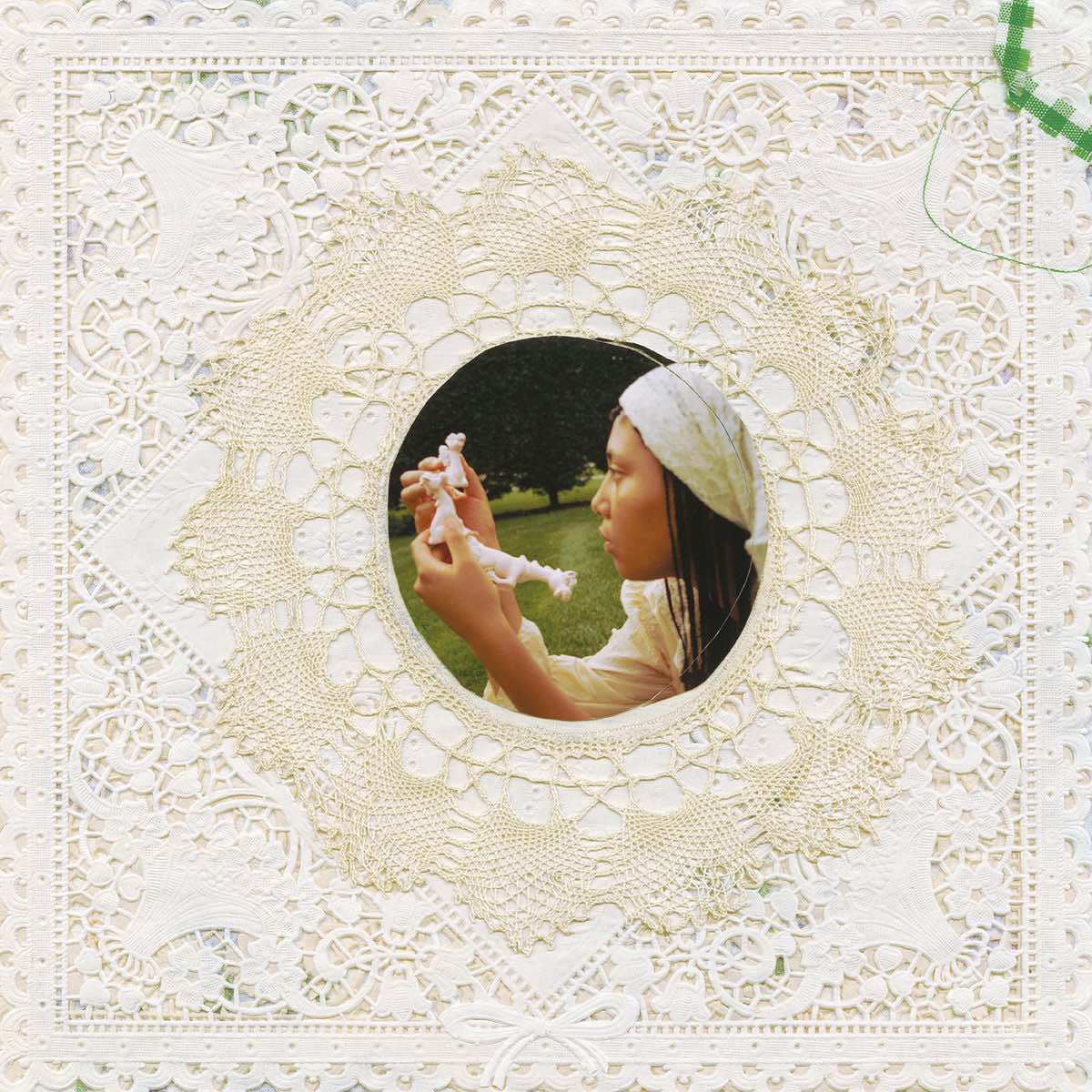June McDoom
With Strings
TEMPORARY RESIDENCE
June McDoom’s celestial offerings are one of the most interesting developments to arise in the folk world in the last few years. On With Strings, her follow-up to 2022’s self-titled debut EP, the NYC-based songwriter revisits “The City” and “On My Way,” both tracks from her earlier catalog that previously stunned listeners with their mix of spaciousness and eclecticism inspired by the minimalist folk of the ’60s and ’70s. With Strings reinterprets these songs with the addition of luscious accompaniment from a chamber orchestra, creating decadent and flowery sonic landscapes fit with trilling harp melodies, wrenching violins, and soaring string arrangements crafted by McDoom and jazz conservatory kin Sammy Weissberg.
There’s a certain freshness in McDoom’s maximalist, avant-garde approach here that’s amplified by a practiced cast of collaborators and peers, including Weissberg, Cécile McLorin Salvant, Kate Davis, and Nick Hakim (who provides backing vocals on “On My Way,” and who shares a recording space with McDoom in Greenpoint), alongside engineer Evan Wright. “The City” is a particularly entrancing standout from the self-produced release, featuring a warming three-part harmony between McDoom, Salvant, and Davis and aching swells of instrumentation that reach and recede with every color of emotion and intention. In describing the sentiment behind the decision to revisit the track, McDoom shared that it was among the first songs she ever wrote and recorded, and that she’d always had the intention of revisiting it in this stripped-down fashion.
With Strings additionally offers two covers: a transportive and elaborate rendition of Judee Sill’s “Emerald River Dance” and a swoon-worthy take on “Black Is the Color,” inspired by both the Tia Blake and Nina Simone versions of the folk traditional. Each cover is tender and cinematic in their newfound density, with McDoom’s airy, emotive voice set aloft over the accompanying strings. Her take on the former is a fully flourished affair, as intricate as the hand-crafted lace of the album cover image without any hint of stuffiness or overzealousness.







